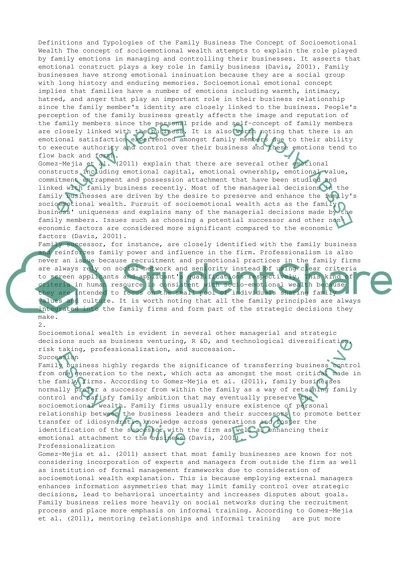Cite this document
(Definitions and Typologies of the Family Business Essay, n.d.)
Definitions and Typologies of the Family Business Essay. https://studentshare.org/management/1805826-definitions-and-typologies-of-the-family-business
Definitions and Typologies of the Family Business Essay. https://studentshare.org/management/1805826-definitions-and-typologies-of-the-family-business
(Definitions and Typologies of the Family Business Essay)
Definitions and Typologies of the Family Business Essay. https://studentshare.org/management/1805826-definitions-and-typologies-of-the-family-business.
Definitions and Typologies of the Family Business Essay. https://studentshare.org/management/1805826-definitions-and-typologies-of-the-family-business.
“Definitions and Typologies of the Family Business Essay”. https://studentshare.org/management/1805826-definitions-and-typologies-of-the-family-business.


